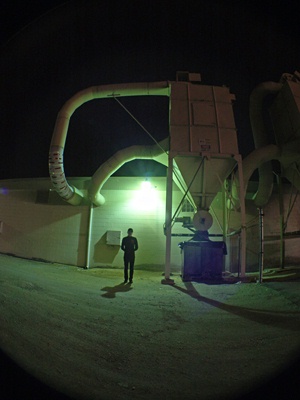All Nonfiction
- Bullying
- Books
- Academic
- Author Interviews
- Celebrity interviews
- College Articles
- College Essays
- Educator of the Year
- Heroes
- Interviews
- Memoir
- Personal Experience
- Sports
- Travel & Culture
All Opinions
- Bullying
- Current Events / Politics
- Discrimination
- Drugs / Alcohol / Smoking
- Entertainment / Celebrities
- Environment
- Love / Relationships
- Movies / Music / TV
- Pop Culture / Trends
- School / College
- Social Issues / Civics
- Spirituality / Religion
- Sports / Hobbies
All Hot Topics
- Bullying
- Community Service
- Environment
- Health
- Letters to the Editor
- Pride & Prejudice
- What Matters
- Back
Summer Guide
- Program Links
- Program Reviews
- Back
College Guide
- College Links
- College Reviews
- College Essays
- College Articles
- Back
Taglish
Some people look at their reflection in the mirror and say, “You are beautiful” or “you are amazing.” On my first day of school here in the United States, I spent ten minutes staring back at the face I knew oh so well and persuaded that face, “You can speak English…fluently.”
It was the beginning of sophomore year, and I was scared beyond my wits. My mother kept reassuring me about how I was a good English speaker since I did well in English class, but I was not convinced. I came from the Metro Manila area in the Philippines, and, like most Manileños, I was brought up speaking Taglish. Taglish is a fusion of both English and Filipino (Tagalog). In the streets of Manila, it is not uncommon to hear people say, “pakicarry po yung groceries sa tricycle.”
I would not proclaim that there were not any times when I focused on a single language. In fact, about 95% of the books I have read in my entire life were in English, and I am confident to say that I am an avid reader of fiction. Nevertheless, my first day of school made me very anxious. Are my classmates going to make fun of my accent? Should I correct my teachers when they cannot pronounce my last name? The ridiculous thoughts were endless.
Finally, I began my first day. It was not as bad as I thought it would be. I paused a lot in between saying my sentences, but my teachers were mostly understanding of that. I was then introduced to the concept of Socratic seminars in AP World History. A Socratic seminar is basically a discussion circle where students analyze a certain text, idea, etc. then have a collaborative and intellectual dialogue about it. At first, I was very shy to talk about my opinions and ideas during these seminars. After all, I have always thought that school was a one-way system where the teacher just talked and the students just listened. Either way, these seminars forced me to speak my mind. Suddenly, I did not care if I made mistakes, because not only should I communicate my thoughts in pure English, I also needed to organize my thoughts fast so I could present my ideas at the right moment.
It has been more than two years and a half since I first came here to America. I believe that I can now speak English separately from Filipino as opposed to Taglish from before. I have even somehow lost my Filipino accent in speaking English, while I also caught up with the trends of using the word “like” in my everyday language. Trying to draw a distinct line between these two languages has been my biggest challenge. As English is the universal language, I want to keep improving my skills of communicating with this language effectively. At the same time, I also hold Filipino close to my heart, as this language is the mirror of a culture where I belong.

Similar Articles
JOIN THE DISCUSSION
This article has 0 comments.
